
Low-carb diet is a dietary plan that restricts carbohydrate consumption. One decides to undergo low-carb diet usually for the purpose of weight control or for the treatment of obesity. However, low-carb diets are sometimes used in treatment of diabetes, epilepsy, chronic fatigue syndrome and polycystic ovarian syndrome. This diet bans foods high in carbohydrates such as bread or pasta, and replaces them with foods containing high levels of proteins and fats. The diet usually consists of meat, poultry, fish, shellfish, eggs, cheese, nuts, seeds, peanuts and various vegetable salads. Fruits and vegetables are allowed, only if they contain low levels of carbs. The diet is usually successful, but also a subject of many controversies, due to the possible side-effects it has on the health.
Side-effects of low-carb diet
Low-carb diet works by using the stored body fat for energy, because there is no available energy in the form of glucose from the low-carb diet. However, this process of metabolic exchange may result in many unexpected and unwanted results.
The most prominent side effect of low carb diet is ketosis - a state of the organism characterized by elevated levels of ketone bodies in the blood, by the process of ketogenesis. If the diet is changed from a highly glycemic diet to a diet that is extremely low on glucose, the person goes through a process called ketosis. During this process, which happens when someone is starving, body releases ketons to turn fats into fatty acids that can be used to provide energy to the body. This process literally drains the energy from the dieter, and people usually feel very bad and extremely low on energy.
Bad breath is another significant side effect of low carb diet, caused by the decomposition and breakdown of food in the stomach. This diet is low on fiber, so many dieters experience severe problems with constipation.
The diet bans many foods from the daily menu, making the malnutrition very likely. The person may lack on important minerals and vitamins, feel fatigued, nervous and suffer from constant headaches. Due to the deficiency of nutrients a dieter may face hair loss or start struggling with leg cramps.
Other risks
Having a low-carb diet requires a lot of educated planning. Depending on what the dieter eats, a low-carb diet may be high in saturated fats and cholesterol. These are directly associated with an increased risk of heart disease and possibly cancers. Limiting some fruits and vegetables from the diet results in a lack of important nutrients and usually contributes to various symptoms of vitamin deficiency, while making a dieter more prone to infections.


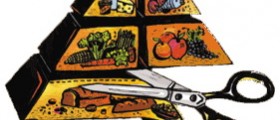

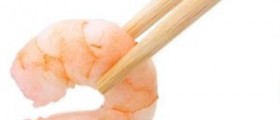


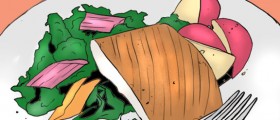
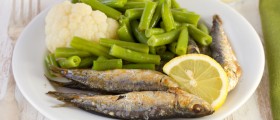
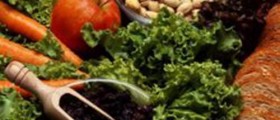

_f_280x120.jpg)
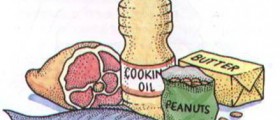


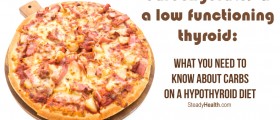

Your thoughts on this
Loading...